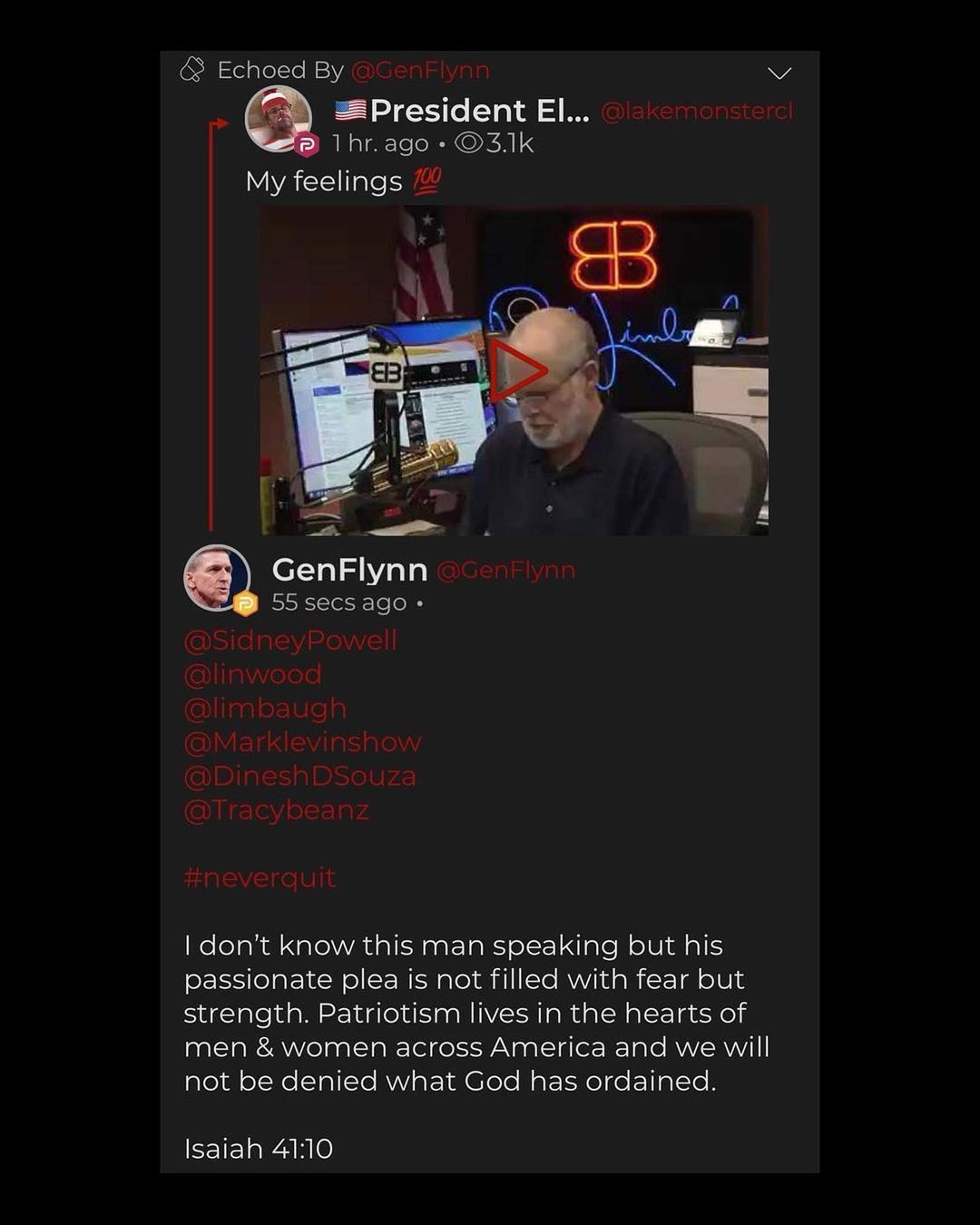
They represented not the seed of liberty defended at Marathon, or Lexington, or Baltimore, but the fruit it had ultimately born. They raced by wheelchairs, and by handcycles, and on their own two feet. Others, to measure themselves, or to push their own limits. Some ran to raise funds for 35 official charities, or for innumerable other causes. They came from 92 countries and from every state in the union. Monday morning, 23,336 runners lined up in Hopkinton. We should not be so consumed by the task at hand, though, that we fail to look back to the starting line and recognize how far we have come. Like the runners navigating the hills of the race's course, we have made uneven progress, and our pace has sometimes faltered. The Civil War it commemorates turned slaves into citizens, but for women, equality remained elusive. The battles at Lexington and Concord that it honors gave birth to a new republic, but one marred by slavery. The Athenian victory that first inspired it preserved liberty, but only for a privileged elite. It has, instead, come to embody our long march toward greater freedom. "This morning, before the Marathon runners start over the road," the Boston Globe editorialized in 1912, ".it behooves every mother's son of us to reflect for a few moments at least upon the events which produced the holiday we celebrate."īut the Boston Marathon doesn't distract from the events it commemorates. In the years that followed, the race itself swelled until it seemed to overshadow the events it honored. He finished the race course in just 2 hours, 55 minutes, and 10 seconds, and was borne off the course on the shoulders of the cheering throngs. Faster, in fact, than any marathoner had before. McDermott ran longer, and faster, than either man's horse.

William Dawes, riding by a different route, covered seventeen miles in about three hours. But alongside each runner rode a uniformed militiaman, providing lemons, water, and wet handkerchiefs, as he followed the paths used more than a century before by militia converging on Boston.īefore the break of day on April 19, 1775, Paul Revere rode thirteen miles to Lexington in a little less than two hours, rousing the countryside to arms. The runners in that 1897 race, fifteen young amateurs, bore little outward resemblance to the minutemen whose journey they symbolically retraced. The organizers instead followed the tracks of the Boston & Albany forty kilometers to the northwest of the race's terminus, and set the starting line in Ashland. The trouble was, Concord lies scarcely twenty miles from Boston. The run was to trace the route of the battle, from Concord back through Lexington and then on to Boston, with the runners following the path of the patriots roused to action in the countryside. So when the Boston Athletic Association announced in 1897 its intention to hold its own race "patterned after the games at Athens," it seemed a perfect fit for the new Patriots' Day holiday.

When the Olympic Games were revived at Athens in 1896, they featured a foot race, recreating Pheidippides' fabled run from Marathon to Athens bearing the news of victory. The new holiday would mark the battles of Lexington and Concord, as well as the first bloodshed of the Civil War, as "the anniversary of the birth of liberty and union." Eager to end the farce, but careful not to eliminate a cherished day off, Governor Frederic Greenhalge proposed moving the festivities to April 19th and renaming the occasion Patriots' Day. By the late nineteenth century, though, Fast Day was "more honored in the breach than in the observance." The early spring holiday came, instead, to mark the opening of the season for field sports and ball games. Until 1894, the residents of Massachusetts observed Fast Day, a pious occasion of reflection and prayer. Patriots' Day is a holiday of far more recent vintage than the events it commemorates. American orators frequently invoked the memory of Marathon, linking the citizen-soldiers of Athens with the militiamen who mustered at Lexington and Concord, facing down an empire in defense of republican liberty.

They saw in Athens the birth of liberty, and in its triumph the defense of republican government. To America's founding generations, it was no mere military triumph but a pivotal victory. Long before the word meant a road race, it conjured a great battle of antiquity, an outnumbered Athenian army turning back the might of Persia's empire. But the Boston Marathon is actually a near-perfect embodiment of the meaning of Patriots' Day. It may seem incongruous to mark the anniversary of the American Revolution with an enormous road race. On the third Monday in April each year, the people of Massachusetts celebrate Patriots' Day with the running of the Boston Marathon.


 0 kommentar(er)
0 kommentar(er)
